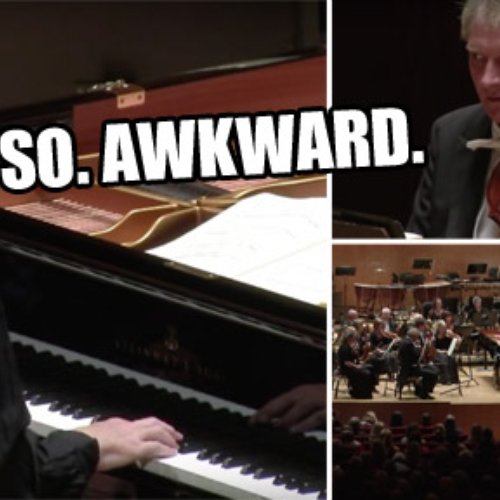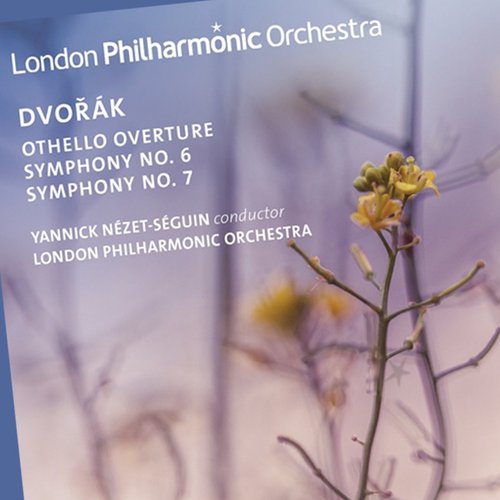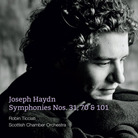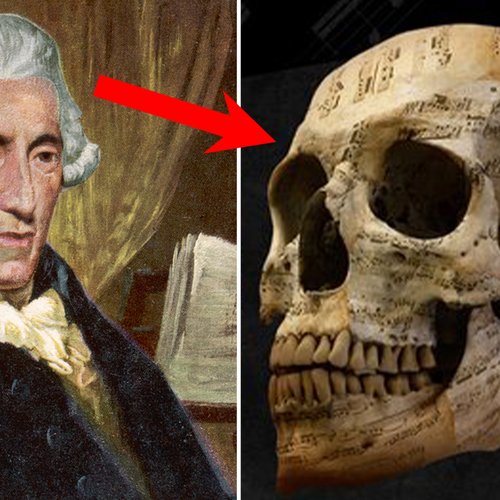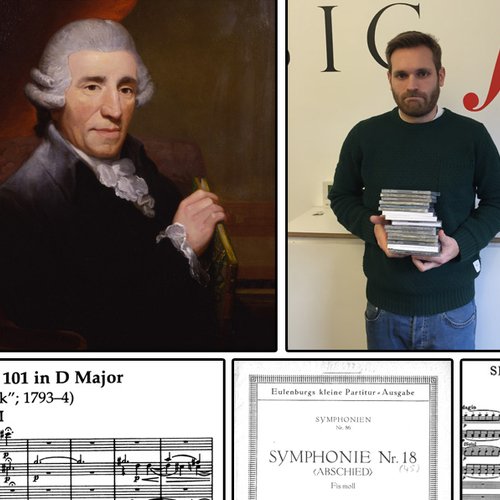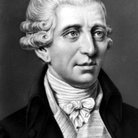Haydn: 15 facts about the great composer
Franz Joseph Haydn was a pivotal figure in the classical period. But how much do we really know? Discover his sense of humour and his early life in our gallery of Haydn facts!
-
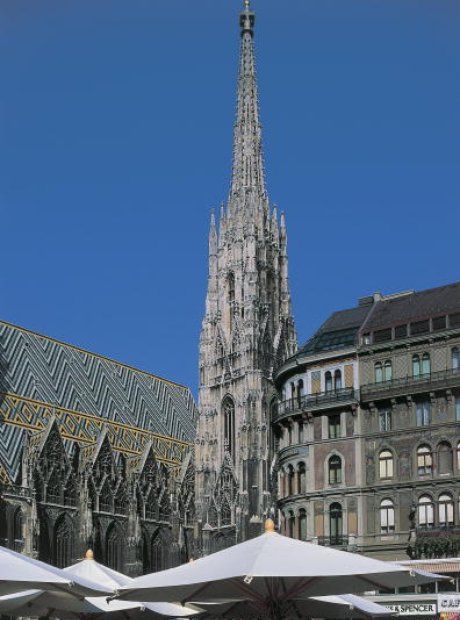
1. Chorister at five
The young Haydn's singing voice was so impressive that he was asked to join the Choir School of St Stephen's Cathedral in Vienna when he was just five years old.
-

2. Going down in glory
However, things changed for Haydn when he lost is angelic voice at 16 - he left the choir after his voice was described thusly by Habsburg Empress Maria Theresa: "That boy doesn't sing, he crows!" Haydn then cut the pigtail of another boy chorister and was then caned in public.
-
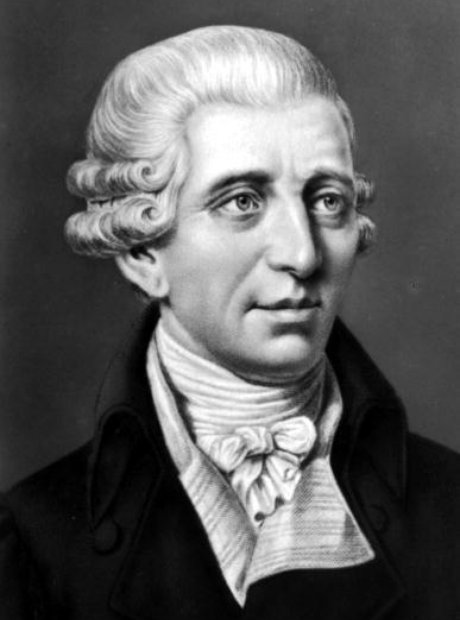
3. Narrow escape
It was suggested by the choirmaster at St Stephen's Cathedral that Haydn undergo a certain operation to prevent his voice from breaking, but fortunately his father stepped in and prevented it from happening.
-

4. The Miracle
The premiere of Haydn's Symphony no. 96 was notable not only because it was another great Haydn symphony, but also because a huge chandelier fell from the ceiling during the performance. The symphony got its nickname, the 'Miracle' Symphony, because no-one was injured.
-
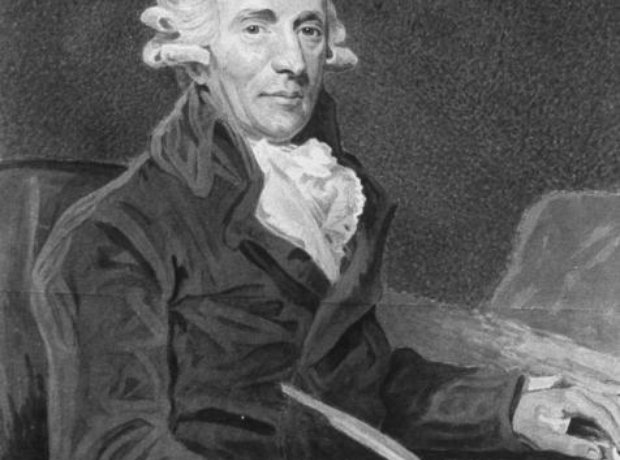
5. Debilitating polyps
Haydn suffered throughout his life from nasal polyps, which meant that his nose had a rather bulbous and disfigured look to it. At times, it became so uncomfortable that he wasn't able to compose. He also survived a bout of smallpox as a child.
-
-

6. In the name of the Lord…
Haydn would typically begin all his scores with a dedication to God, using phrases such as "in nomine Domini" ("in the name of the Lord").
-

7. London Calling
Haydn felt a special connection to the English capital, and spent several years there composing his 'London' symphonies.
-
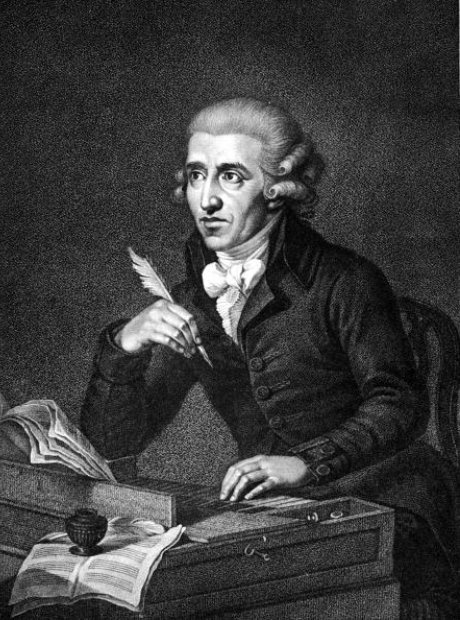
8. Haydn uber alles!
Part of Haydn's experience in London involved several hearings of the British national anthem. He was so moved by the piece that he decided to play around with a patriotic tune for his homeland, Austria - and it became the national anthem for both Austria and Germany.
-
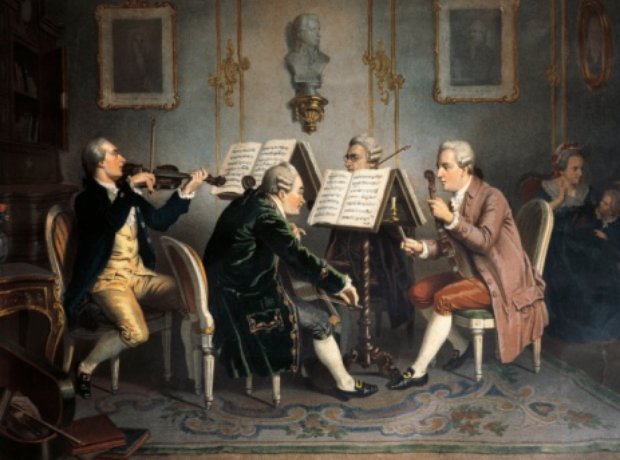
9. A musical prankster
Haydn's sense of humour and cheek is well-known, so it's no surprise that it made it into many of his pieces too. His string quartet in E flat (subtitled 'The Joke') is a great example - there are false endings to try and catch the audience out.
-
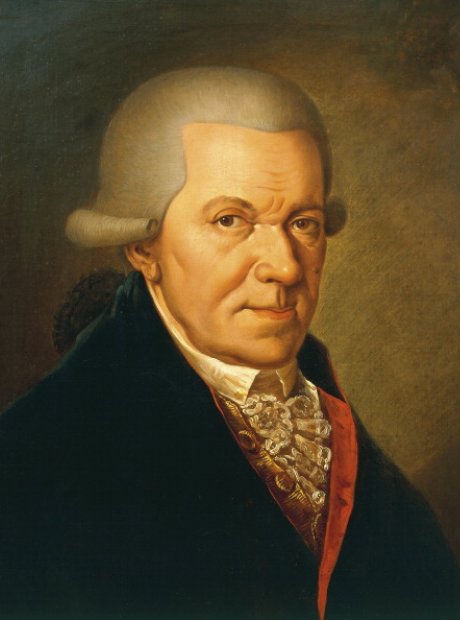
10. Sibling rivalry
It is said that Haydn's younger brother Michael (pictured) was far better behaved than him when they were both at the St Stephens Cathedral school, and that in fact it was Michael that the family had placed their hope for the future in - apparently Joseph was far too involved in practical jokes to ever be a success!
-
-

11. Not a bad year's work
During his time in London, Haydn reportedly earned nearly as much in one year as he had in 20 years as the Kapellmeister of the Court of the Esterhazy family, his former employers.
-
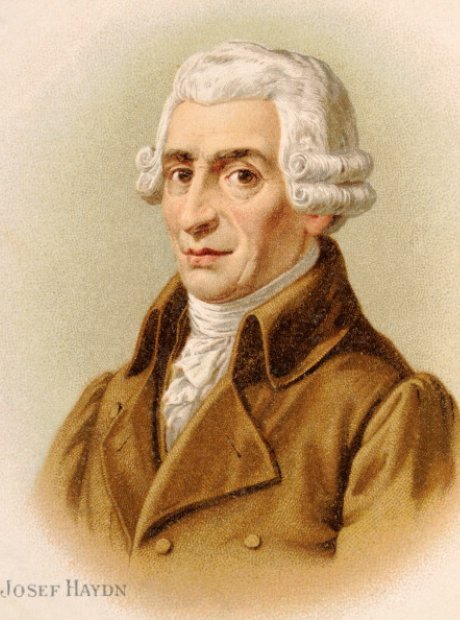
12. Treated like royalty
The year before he died, a performance of Haydn's The Creation was organised. Among the celebs in attendance were Beethoven and Salieri (who conducted the performance), and Haydn was carried in on a special throne. Being rather frail by this point, however, he had to leave halfway through.
-
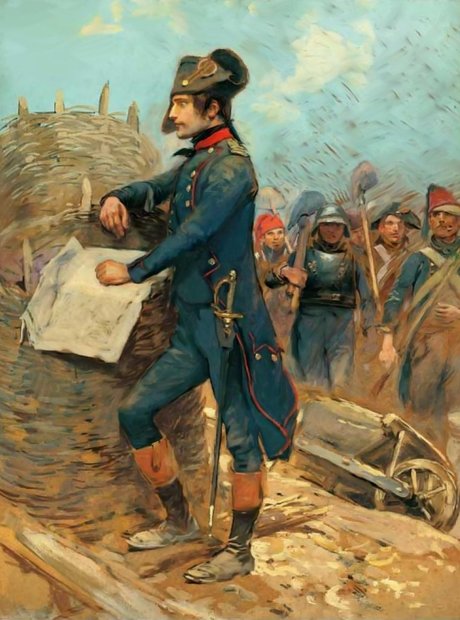
13. Napoleon invades, Haydn is safe
When Napoleon invaded Vienna in 1809, Haydn was such a respected figure across Europe that two of Napoleon's sentries were put on guard so that he wouldn't have to move in his old age.
-

14. Farewell Symphony statement
When Haydn's Farewell symphony was performed for the first time in 1772, the composer gently hinted to his employer Prince Nikolaus that his overworked musicians might like to return home with an ingenious musical statement. The final movement sees each musician stand up, extinguish the candle on their music stand and leave the room in turn until only a pair of violins remain.
-
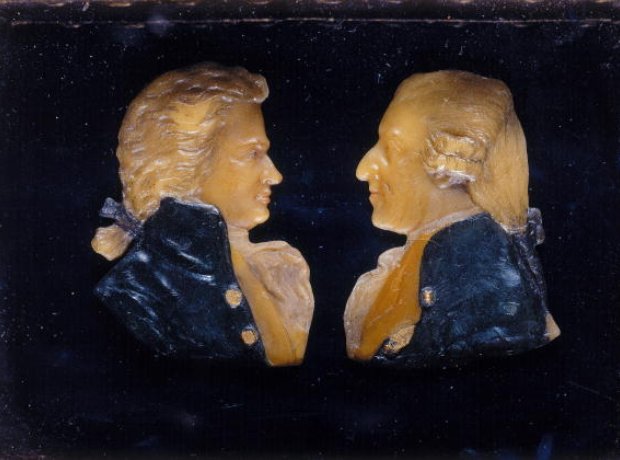
15. The Mozart Effect
Mozart was very much in awe of Haydn, and often invited him to his concerts. Haydn reciprocated and was similarly very fond of the young prodigy. So fond, in fact, that the music played at Haydn's funeral was Mozart's Requiem, written just a few years before his death.

